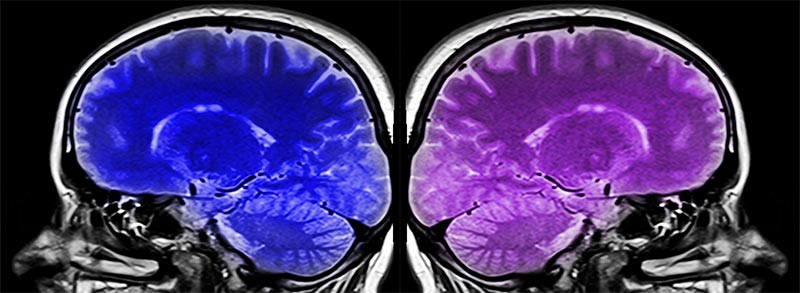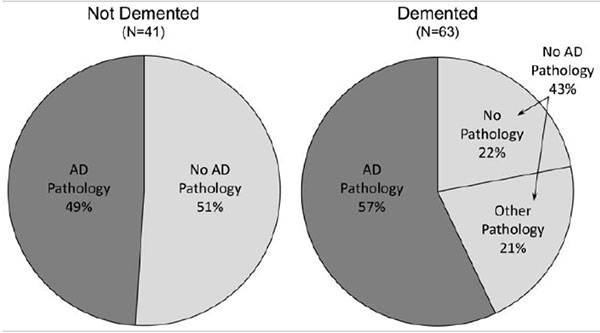Address:
20 Park Plaza, Suite 804
Boston, MA 02116
978-888-7999
Address:
20 Park Plaza, Suite 804
Boston, MA 02116
978-888-7999

Biogen Pharmaceuticals was the first biotechnical firm, founded in 1978 by two Nobel prize winners, essentially creating the biotechnical industry. It is now risking fallen angel status as it flaunts key principles of science for politics.
Biogen is claiming that data from two failed Alzheimer’s trials, ENGAGE and EMERGE, when combined, will show evidence of “success” among future patients treated at greater lengths of time with higher doses of their medication, Aducanumab. When Biogen made this announcement, its stock soared 37%, proving that investor greed exceeds medical judgment. After all, the US market alone for Alzheimer’s disease is 5 million people.
The most frequent way failed studies find success is by “cherry-picking” favorable cases that were not targeted in the study design. The other is to discover a new biologic function (eg: Viagra failed its study goal to increase coronary blood flow but worked wonders for blood flow elsewhere).
Dr. Alois Alzheimer performed an autopsy on a demented 50-year-old female, Auguste Deter, in 1906. He observed a shrunken, desiccated brain overwhelmed by scars. Physicians assumed the scars, made of amyloid proteins, caused her dementia. The Amyloid Hypothesis became dogma. The amyloid camp was neither organized nor nefarious. Those who championed the amyloid hypothesis truly believed it, and have fed billions into that research. However, researchers with alternate hypotheses were denied funds, tenure, rights to publication, and even the right to speak at conferences. Most qualified young neuroscientists avoid Alzheimer’s research for this reason. There has been much invested in amyloid research without evidence of success. (Sharon Begley, STAT News).
Biogen is hoping that their drug Aducanumab will be seen by members of the Amyloid Cabal at the FDA as the last best hope to prove their theory. The reality is the amyloid theory puts the cart before the horse. Nearly 50% of people with amyloid in their brains are functioning normally. It is far more likely that Alzheimer’s disease is a product of either autoimmune inflammation, infection, or both working in concert.
People over the age of 90 with the AP0E2 gene — a marker for Alzheimer’s, were less likely to have clinical dementia, even though they were more likely to have Alzheimer’s pathology in their brain. In other words, the primary focus on dementia has been Alzheimer’s disease, and Alzheimer’s disease is not the cause of dementia in most patients.
The primary focus on dementia has been Alzheimer's disease, and Alzheimer's disease is not the cause of dementia in most patients. Share on XThe actual number of autopsies done in clinical research on Alzheimer’s — a condition that affects 4.5 million Americans — is less than 5000. The chart below is based upon autopsies done in the 90+ study monitored by Dr. Corrado. It started as a simple aging study in the 1970s in a retirement community in which all the entrants agreed to autopsies.
Below is a graphical representation:

In the left-hand pie chart, fully half of those over the age of 90 who remain functional (Not Demented) had the typical changes of Alzheimer’s in their brains. These people are over 90 years old. They function independently, drive cars, dance, date, and play sports. In the Demented pie chart on the right, non-amyloid pathology accounted for 43% of cases.
Non-amyloid pathology accounts for 43% of Alzheimer's cases. So what is the true cause? Share on XSo the mystery question pertains: what is the source of inflammation in the brain? This stifling of competing ideas is a big reason why there is no treatment for Alzheimer’s. (There are currently four approved drugs on the market. They have little effect on the disease, providing only a temporary memory boost.)
There are tantalizing initial data. A study in Taiwan found that people diagnosed with herpes infections were 2.6 times as likely to develop dementia as herpes-free individuals. Antiviral drugs are being investigated in people with mild-to-moderate Alzheimer’s at Columbia University.
A study in Taiwan found that people diagnosed with herpes infections were 2.6 times as likely to develop dementia as herpes-free individuals. Share on XIn the absence of proven therapy, I’ll have more comments on anti-inflammatory strategies to reduce Alzheimer’s risk in a future column. You can also peruse my past columns here for additional thoughts on Alzheimer’s and brain aging.